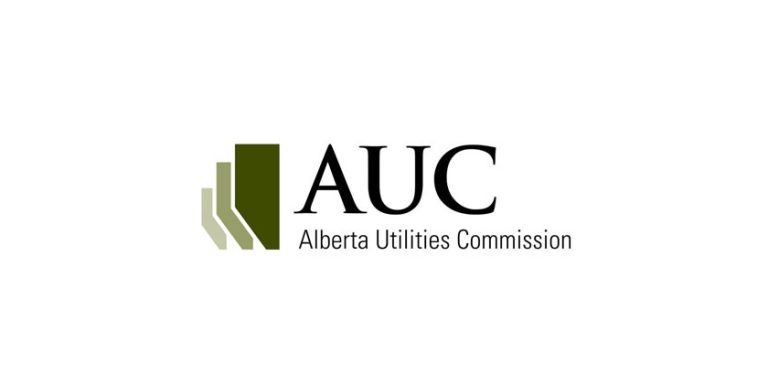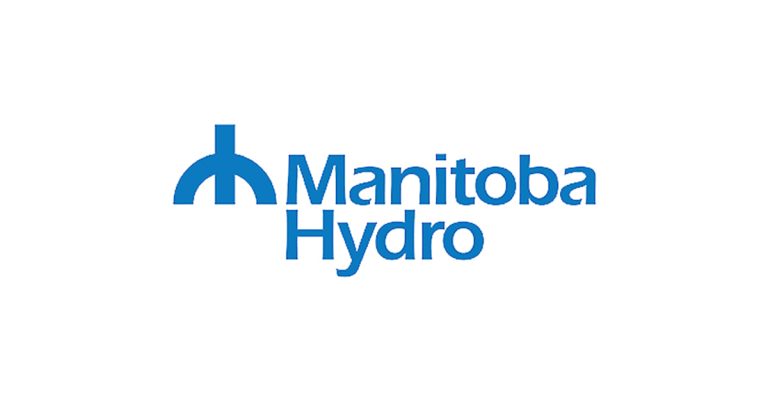BCUC Rejects BC Hydro’s Proposed Reactive Power Reinforcement Project

February 7, 2024
The British Columbia Utilities Commission (BCUC) has denied BC Hydro’s Lower Mainland Reactive Power Reinforcement project.
The proposed project would include installing new equipment at four substations in the Lower Mainland, and decommissioning BC Hydro’s existing Burrard Synchronous Condenser Station in Port Moody.
After an open and transparent review of BC Hydro’s application, the BCUC determined that there is a need to address the deteriorating condition of the Burrard Synchronous Condenser Station and manage electricity on BC Hydro’s transmission system in the Lower Mainland. However, the BCUC did not accept BC Hydro’s assessment of alternative solutions as the methodologies were largely subjective. In addition, BC Hydro did not provide a clear cost differentiation between alternative solutions as key information related to the scope of work for decommissioning the Burrard Synchronous Condenser Station was missing.
As a result, the BCUC could not effectively review BC Hydro’s application and determined that a Certificate of Public Convenience (CPCN) for the Lower Mainland Reactive Power Reinforcement project was unwarranted because the evidence presented in the proceeding did not demonstrate that the project was in the public interest.
The BCUC encouraged BC Hydro to continue its work managing reactive power on the BC Hydro transmission system, which could include reapplying for project approval once more information is available, and directed BC Hydro to file an interim contingency plan within 90 days.
For more information about the BCUC’s Order G-20-24 or BC Hydro’s application, please see the proceeding page.
Background
Public utilities must apply to the BCUC for approval of a CPCN before beginning the construction or operation of a public utility plant or system, or an extension of either, as required under section 45 of the Utilities Commission Act.







